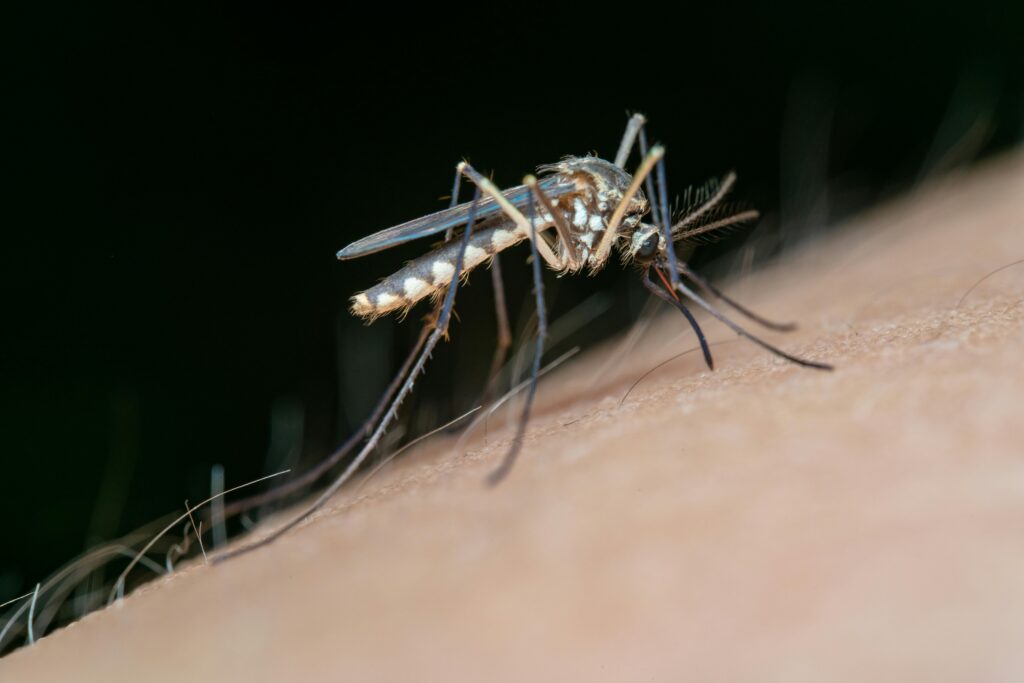Mosquitoes, those tiny buzzing nuisances, hold a significant impact on human health and the ecosystem. Despite their diminutive size, mosquitoes wield substantial influence, capable of transmitting deadly diseases like malaria, dengue fever, Zika virus, and more. This article delves into the importance of mosquito treatment, exploring its critical role in safeguarding public health, preserving ecosystems, and promoting overall well-being.

Understanding the Threat: Mosquitoes are not merely bothersome insects; they are vectors for numerous pathogens, making them one of the deadliest animals on the planet. Among the diseases they transmit, malaria stands out as a major global health concern. According to the World Health Organization (WHO), malaria caused an estimated 229 million cases and 409,000 deaths worldwide in 2019, with Africa bearing the greatest burden. Dengue fever, Zika virus, chikungunya, and yellow fever are also significant mosquito-borne illnesses, posing serious threats to public health in various regions.
Public Health Impact: Mosquito-borne diseases exact a heavy toll on public health, leading to illness, disability, and death. Malaria, for instance, predominantly affects children under five years old and pregnant women in malaria-endemic regions, contributing to high mortality rates in vulnerable populations. Dengue fever, characterized by severe flu-like symptoms, can progress to life-threatening complications like dengue hemorrhagic fever and dengue shock syndrome. Zika virus infection during pregnancy can result in congenital disabilities such as microcephaly in newborns.
Furthermore, the economic burden of mosquito-borne diseases is immense, straining healthcare systems, reducing workforce productivity, and impeding socioeconomic development in affected areas. The costs associated with medical treatment, vector control efforts, and lost productivity due to illness underscore the urgent need for effective mosquito control measures.
Ecosystem Impact: Beyond their impact on human health, mosquitoes play integral roles in ecosystems as both predators and prey. Mosquito larvae serve as a vital food source for aquatic organisms such as fish, amphibians, and insect larvae. Additionally, adult mosquitoes serve as pollinators, contributing to the reproductive success of various plant species.
However, unchecked mosquito populations can disrupt ecosystem balance. Excessive mosquito populations can overwhelm natural predators, leading to declines in biodiversity and ecosystem health. Conversely, the absence of mosquitoes can disrupt food chains and diminish ecosystem resilience. Therefore, maintaining balanced mosquito populations through targeted mosquito treatment is essential for preserving ecological integrity.
Mosquito Control Strategies: Given the multifaceted impacts of mosquitoes, comprehensive mosquito control strategies are imperative. These strategies encompass various approaches, including:
- Source Reduction: Targeting mosquito breeding sites such as stagnant water bodies, ditches, and containers to eliminate larvae and prevent mosquito reproduction.
- Larviciding: Applying larvicides to water bodies where mosquito larvae thrive, effectively interrupting their development into adult mosquitoes.
- Adulticiding: Using insecticides to kill adult mosquitoes and reduce their population density in areas where they pose a significant threat to public health.
- Biological Control: Introducing natural predators, such as certain species of fish, dragonflies, and copepods, to control mosquito larvae populations in aquatic habitats.
- Genetic Control: Implementing innovative techniques such as genetically modified mosquitoes or the sterile insect technique to suppress mosquito populations and reduce disease transmission.
The effectiveness of mosquito control measures relies on integrated pest management (IPM) approaches that combine multiple strategies tailored to local conditions and mosquito species. Community engagement, education, and surveillance are also vital components of successful mosquito control programs.
Challenges and Considerations: Despite advancements in mosquito control technologies, several challenges persist. Resistance to insecticides among mosquito populations poses a significant obstacle to control efforts, necessitating the development of alternative control methods and rotation of insecticides. Environmental concerns regarding the ecological impact of chemical insecticides underscore the importance of adopting environmentally sustainable mosquito control practices.
Furthermore, climate change exacerbates mosquito-borne disease transmission by altering temperature and precipitation patterns, expanding the geographical range of mosquitoes, and prolonging their breeding seasons. Addressing the complex interplay between climate change, mosquito ecology, and disease transmission requires coordinated efforts at the global, national, and local levels.
Conclusion: Mosquito treatment is indispensable for protecting public health, preserving ecosystems, and mitigating the socio-economic impacts of mosquito-borne diseases. By implementing integrated mosquito control strategies, communities can reduce the burden of mosquito-borne illnesses, enhance resilience to emerging health threats, and promote sustainable development.
Effective mosquito treatment requires collaboration among governments, public health agencies, research institutions, and communities to develop and implement evidence-based interventions tailored to local contexts. Investing in mosquito control today is an investment in the health and well-being of future generations and the planet as a whole. Together, we can combat the threat of mosquitoes and create a safer, healthier world for all.

